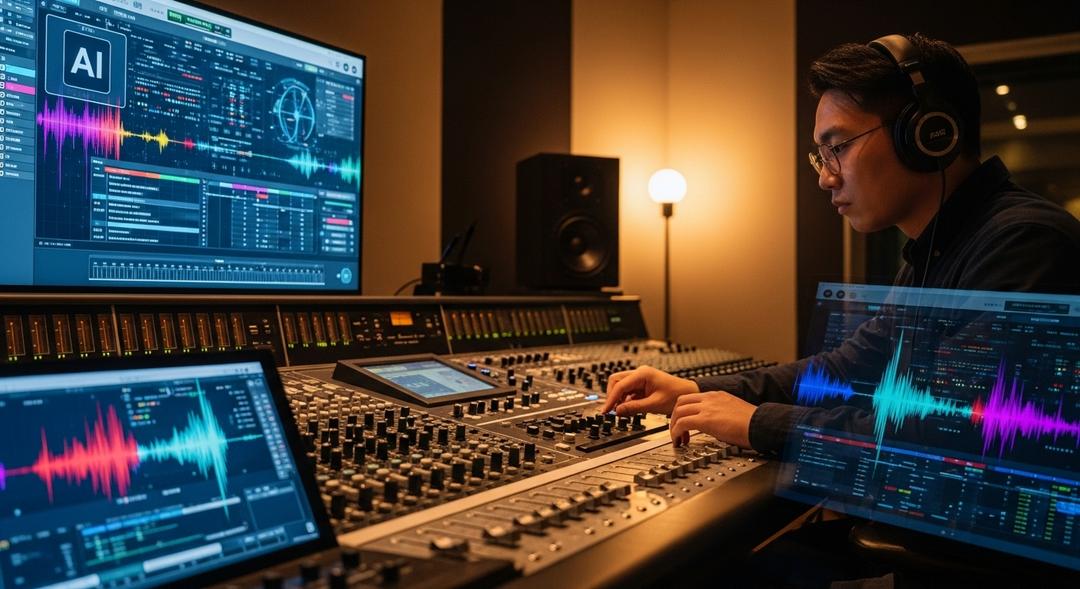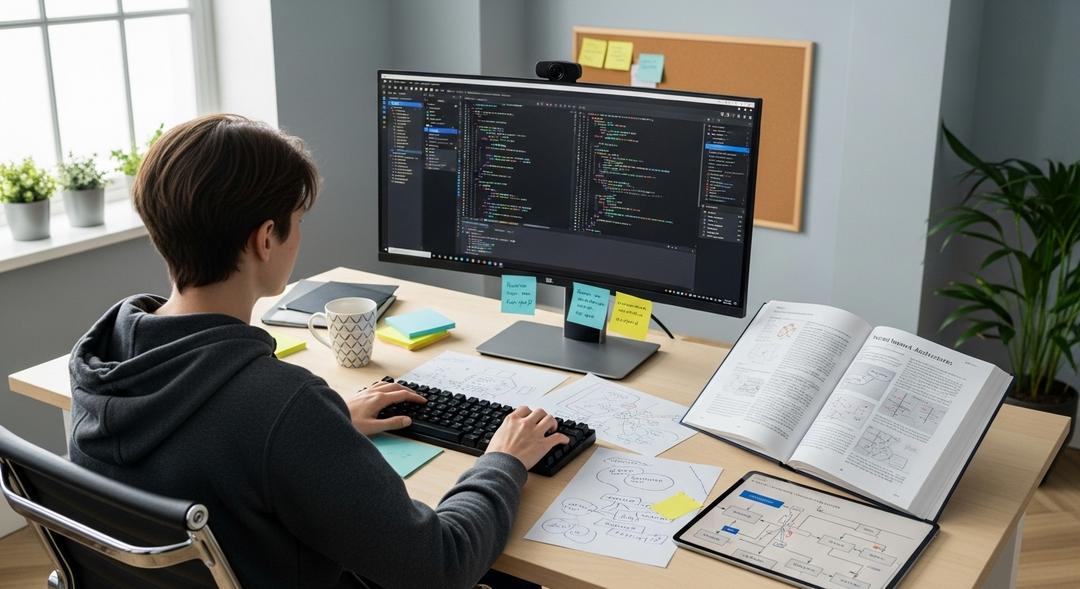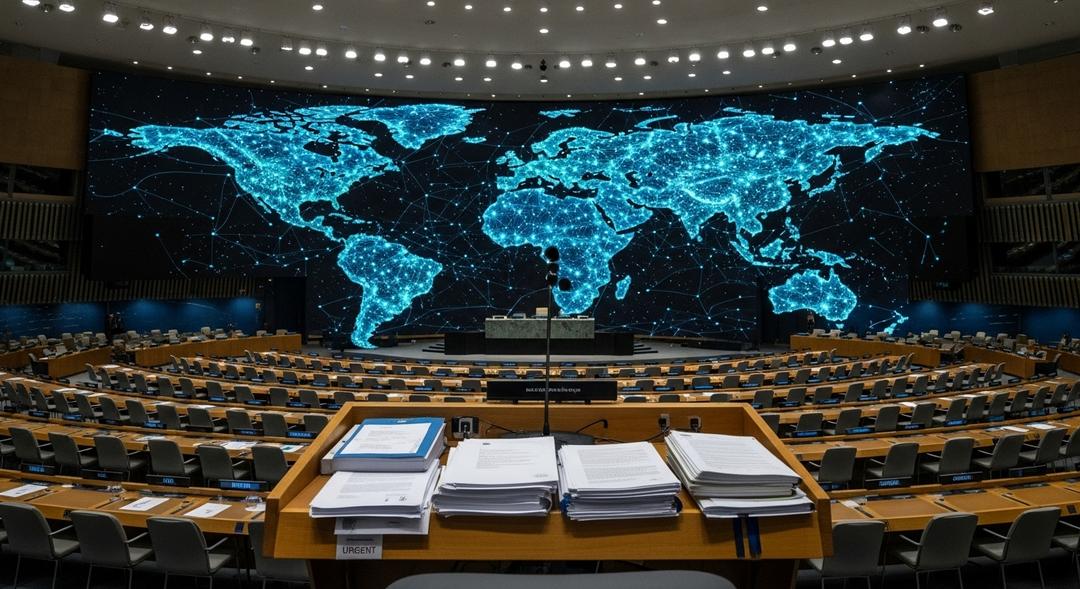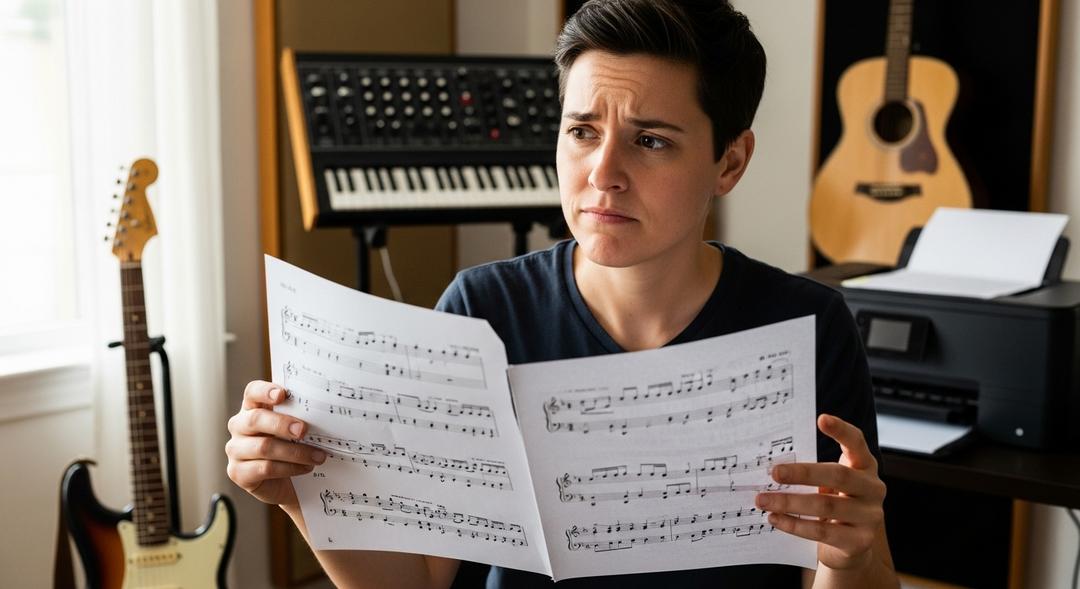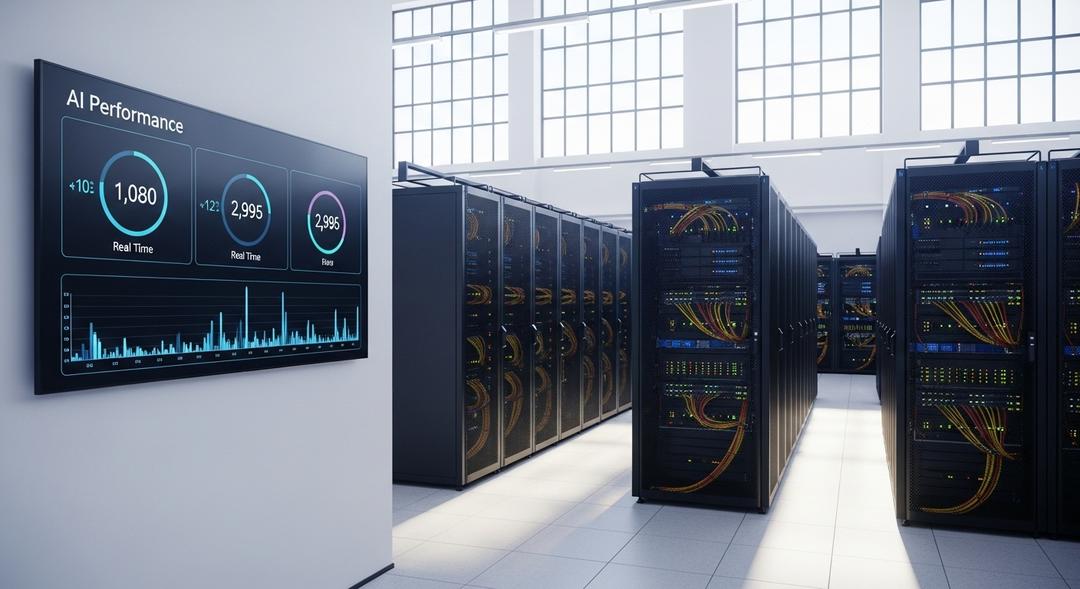Songs once born only from late nights in cramped studios are now coming from the tap of a keyboard.
Artificial intelligence is learning music the same way we do—by listening, by studying, and, sometimes, by bringing unexpected combinations to life.
Even in those early days, computer pioneers were imagining machines that could write their own melodies, with the 1957 Illiac Suite showing that digital tools could follow the rules of music theory and still surprise with something new.
By the time the eighties rolled around, technology had moved from static commands to systems that listened, adapted, and communicated with other digital devices. With the arrival of MIDI and the inventiveness of projects like Emmy—machines gained the ability to create original music based on blueprints of famous composers.
Fast forward to now, artificial intelligence does more than mimic. Today’s advanced systems can dig through massive music archives, detect subtle patterns, and generate new compositions that echo the distinctive touch of all sorts of genres and artists.
How AI Is Reshaping Music Studios
Producers and indie artists are finding that AI speeds up production, cuts costs, and levels the playing field for those without major label resources. With a few clicks, new sounds and arrangements can materialize, freeing musicians to focus on expression rather than technical barriers.
AI platforms like Sony’s Flow Machines and Google’s Magenta remove the time-consuming grunt work, offering inspiration or even generating whole tracks at a fraction of past costs, and the introduction of the first AI music composition platform for enterprise content creators has expanded this potential even further.
For many, this means access. Those without formal training or pricey equipment have the chance to create, share, and experiment in ways that previously would have seemed impossible.
The real question now centers on creativity and uniqueness. Can a computer-arranged song hold the same emotional weight as something written in a bedroom with a guitar?
Composer David Cope, who pioneered AI-based composition, shared: “The surprise comes not from whether the machine can generate a tune, but whether the emotion comes through in a way you could never predict.”
Yet, there are concerns that technology will cut musicians out altogether or lead to a world where much of what we hear sounds like clever imitations instead of real, heartfelt stories. Legal uncertainties around music ownership, for example, loom large as we consider who gets credit for machine-made hits— and how royalties are split.
Audiences, too, find themselves torn. Listeners marvel at songs crafted by AI, but some worry that these digital creations lack the lived experiences that give music meaning.
Looking ahead, more collaboration blends the best of both worlds: AI unlocking new forms of sonic exploration, and artists shaping this power with their own stories, flaws, and intuition.
What remains at the heart of this technological leap is an enduring truth. Music is still about connection, and no matter how advanced the system, it is the human touch that gives the final note its soul, as demonstrated in other areas like AI adoption surges as costs decrease and accessibility grows.
